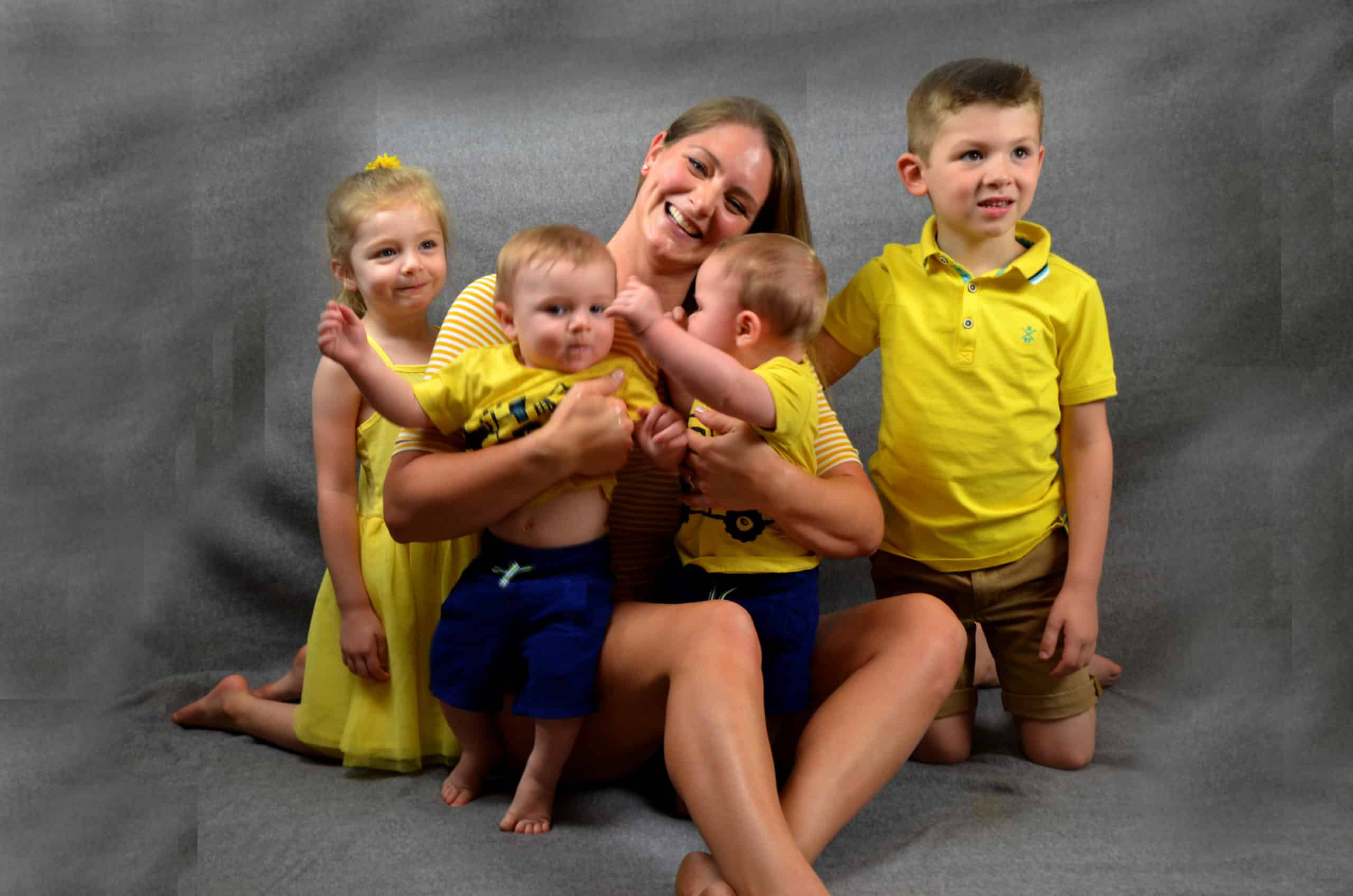With multiples and siblings, larger families often employ parent helpers and nannies for pre-school aged children as well as to help with after school care, overnights and weekends. Surrounding themselves with family and friends, the parents may also get help from grandparents and neighbors. This adds an additional level of complexity to a childcare situation that has several children plus siblings.
What is each person’s role?
You cannot provide best in class childcare without clear expectations and this is important if there are a team of childcare providers. A team may include the parents, grandparents, teenage siblings, neighbors and hired providers including sitters and nannies. If the mother is breastfeeding, she may have a lactation consultant. A postpartum doula may be employed to help the mother with infant feeding, emotional and physical recovery from birth, mother-baby bonding, infant soothing, and basic newborn care.
With these dynamics, it’s important to clarify each person’s role and what tasks they will or will not complete. This is especially important in a multiples environment where the expectations may range from caring for the children by yourself or sharing the responsibilities. Maybe grandma and grandpa live nearby and help with feedings and playtime while the nanny prepares the meals or washes bottles. Take the time and make the effort to talk to the parents before you accept the position and work out as many details as you can.
How to prepare for multiples
Multiples can be premature and may be first cared for in the neonatal intensive care unit (NICU). Once babies can feed, grow, and stay warm, they can usually be sent home. While one baby may be healthy and strong at birth, another may need time in the NICU. This may result in multiples coming home at different times. You may be caring for one or more babies at home while the parents may be balancing their time and attention between the home and the NICU.
If you are responsible for the baby or babies that are at the home, you need to make sure you are prepared. Caring for any newborn is a time consuming and challenging responsibility. Each baby should have their own crib or bassinette (even though they may sleep in the same crib for the first few months) and each baby requires a car seat.
How to tell them apart
It’s easy to tell fraternal twins apart but with identical children, it can be a challenge. One fear of all parents of multiples is that the babies get “mixed up” because the adults cannot tell them apart. Some parents leave the hospital bracelets on or get new bracelets with the children’s names. Others paint each child’s big toenail a different color. One parent used a permanent marker to write the child’s initials on the heel of their foot. As the children grow and change, it usually becomes easier to tell them apart based on their personalities, mannerisms, and other differences.
Support individuality
With multiples and siblings, it’s easy to focus on daily care as the number of diaper changes, feedings and baths can feel overwhelming. However, it’s also important for the babies’ development to support individuality. Always refer to each child by name with statements like “Cameron and Connor had fun playing at the park” instead of “the twins had fun playing at the park”.
As their personalities appear, dress them according to their favorite colors or styles whenever possible. It may help to keep their clothes in different drawers so as they begin to dress themselves, they know where to go to find their clothes. Also, don’t force them to play with the same toys – offer different toys and let them have time apart to play on their own.
When working with multiples and siblings, avoid making comparisons, especially when it comes to important milestones such as walking, first words, and potty training. If one child significantly lags in a developmental area, you should notify the parents so they can consult a doctor to determine if there is an underlying medical issue.
While caring for multiples is double (or more) the work, it’s rewarding to see the first smile, spoken words and love with each child. Requiring more organization and planning, multiples are manageable with a schedule. Once you and the team get into a rhythm, it’s easier to care for the children and find more time for play and fun.
Nannies can learn more from the Multiples and Siblings course within the Specialist Childcare program at the Nanny Institute.


Recent Comments